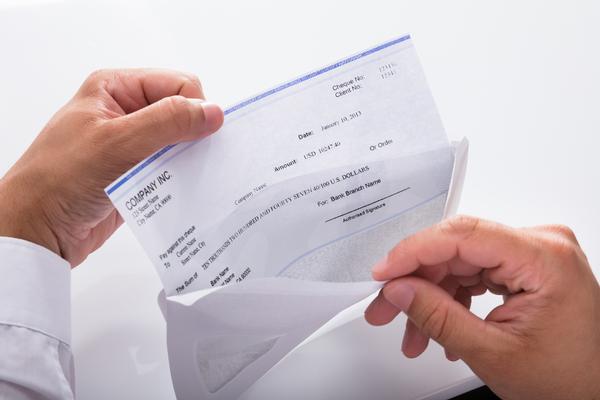Maryland Wage Garnishments -Tax Lawyer, IRS Collections Fundamentals Explained


California Vacating Default Judgment And Preventing Wage Garnishment
Excitement About How To Stop Wage Garnishment In MD - Italian Fine Dining
Subjects on this page: What is a Garnishment? To "garnish" is to take home (most frequently a part of somebody's incomes or pay) by court order. Garnishment is a case by a lender to collect a debt by taking the home or properties of a debtor. Any individual or business can be subject to garnishment.

Nurses Praise Maryland Bill to Protect Patients with Medical Debt - National Nurses United
The individual holding the property of the offender, or who is indebted to the defendant, is the. A garnishee can be a bank, an employer or other person who holds residential or commercial property that comes from the judgment debtor. To collect money owed, the complainant should first obtain a last judgment or order versus the accused in court.

Stop IRS Levy Now - Stop IRS Wage Garnishment
A garnishment proceeding identifies whether the debtor has any properties that can be utilized to pay a judgment. Once More In-Depth has been entered, the creditor can gather what is owed. Judgments are enforceable in Maryland for 12 years and they can be renewed. Interest accrues on judgments at the legal rate of 10% or 6%.
Excitement About What is a garnishment, how does it work, and how can I get it
Code Courts and Judicial Procedures 11-107 2 typical types of garnishment procedures are garnishment of salaries and garnishment of residential or commercial property and possessions, like a bank account. Garnishment Procedure in District Court: the following procedures are based on Rules of Treatment. They apply if you have a judgment in the District Court of Maryland.

Rules Title 3, Chapter 600. The rules for garnishing residential or commercial property in Circuit Court are very comparable, nevertheless, there may be some differences. See Md. Rules Title 2, Chapter 600. Especially, the Circuit Court does not have forms for judgment financial institutions to utilize. Some Circuit Courts may allow you to use District Court types.
If you have concerns about court procedure, talk to a lawyer. Read the Guidelines: Maryland Rules, Title 3, Chapter 600; Maryland Rules Title 2, Chapter 600 The financial institution begins the garnishment procedure by submitting a Demand with the court. There is a charge to file the Request. After the Request is filed, the notary or a judge signs the Demand and it becomes a Writ of Garnishment.
